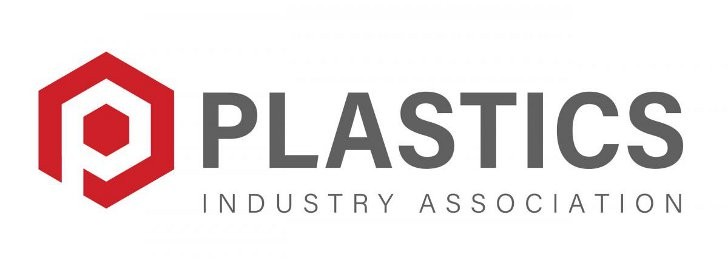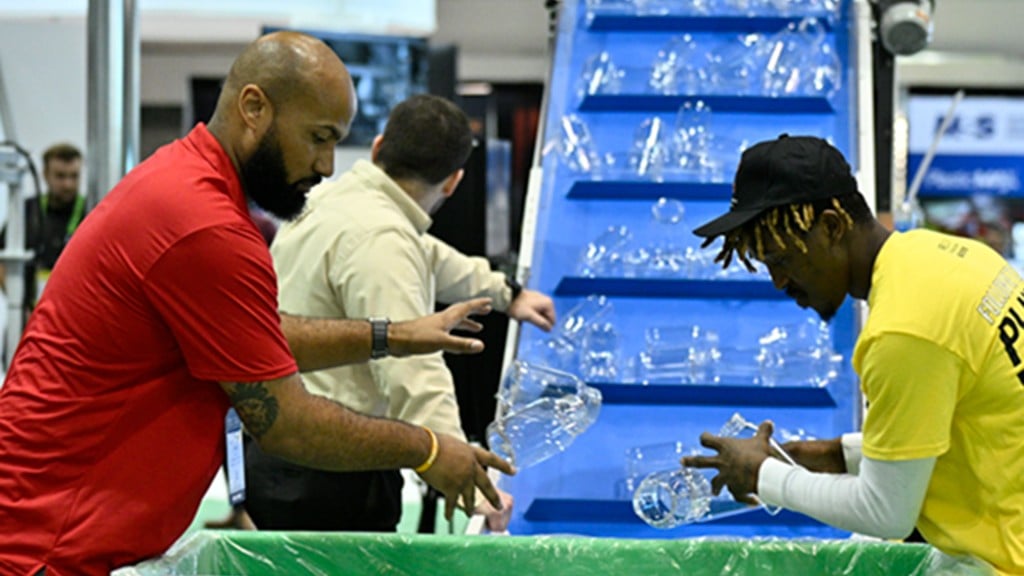End-of-Life Vehicles Project paves way for recycling plastics from automobiles
Association points to a viable way forward for companies to recover and recycle plastic auto parts

A promising future exists for successfully recycling plastics recovered from automobiles, according to the Plastics Industry Association (PLASTICS), which released results from Phase I of its End-of-Life Vehicle (ELV) Recycling Demonstration Project today. The results demonstrate both the technical and economic feasibility of collecting and reprocessing certain plastic auto parts so they can either be put back to use in automotive applications or reborn as new products. Work continues through phases two and three of the project.
"The ELV project is one of many demonstration projects that PLASTICS is leading to develop long-term, sustainable ways to give plastics a new life through recycling," said PLASTICS President & CEO William R. Carteaux. "These initial results are a promising indicator of the potential value that exists in recycled plastics from sources that haven't been tapped yet."
For the PLASTICS-led ELV project, 19 companies and organizations set out to create a model for how to create new sources of recycled plastics from old, scrap automobiles. The project focused specifically on plastic car bumpers, chosen both for their homogeneity of material and for their relative abundance. Recyclers and processors participating in the project were able to convert bumpers made of thermoplastic polyolefins (TPO)—a broad category of durable plastic materials—into raw plastic materials that possessed many of the same qualities as virgin TPO.
"While the recycled material could not directly replace virgin TPO in a high-demand application, we found that the material was very strong, and could be used for less-intensive applications on vehicles or serve as a feedstock for products in other sectors," said Kendra Martin, PLASTICS' vice president of industry affairs. "These results are extremely encouraging for our ultimate goal—to create a large-scale recovery model for automotive plastics—and marks an important step in the plastics industry's work to make sure all plastic materials—including bumpers—are put to their highest and best use."
Download a full copy of the report here. To learn more about the ELV project and PLASTICS' other sustainability programs, click here.
The Plastics Industry Association (PLASTICS), formerly SPI, is the only organization that supports the entire plastics supply chain, representing nearly one million workers in the $418 billion U.S. industry. Since 1937, PLASTICS has been working to make its members and the industry more globally competitive while advancing recycling and sustainability. To learn more about PLASTICS' education initiatives, industry-leading insights and events, networking opportunities and policy advocacy, and North America's largest plastics trade show, NPE: The Plastics Show, visit plasticsindustry.org. Connect with PLASTICS on Twitter, Facebook and LinkedIn.



